COMMODITIES
What Are Commodities?
Commodities are essential raw materials that are bought and sold in global markets. They are categorized into two main types: hard and soft commodities. Hard commodities include natural resources like gold, silver, oil, or natural gas, which are extracted or mined. Soft commodities, however, consist of agricultural goods or livestock such as coffee, soybeans, cotton, and sugar.
With a Bullsouq live trading account, traders from regions like the Philippines, Thailand, and other parts of the world can start trading commodities through Contracts for Differences (CFDs).
Commodities Specification
Why Trade Commodities with Bullsouq?
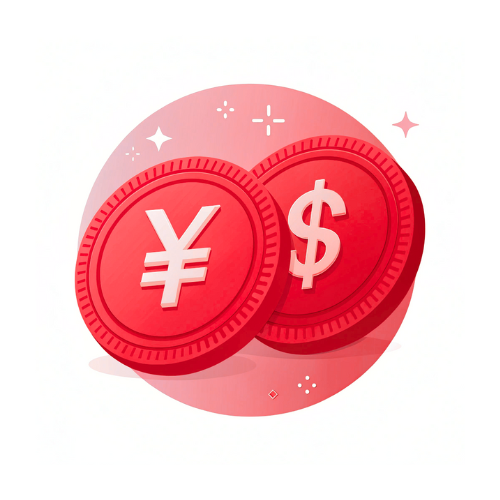
Currency Pairs

Resources
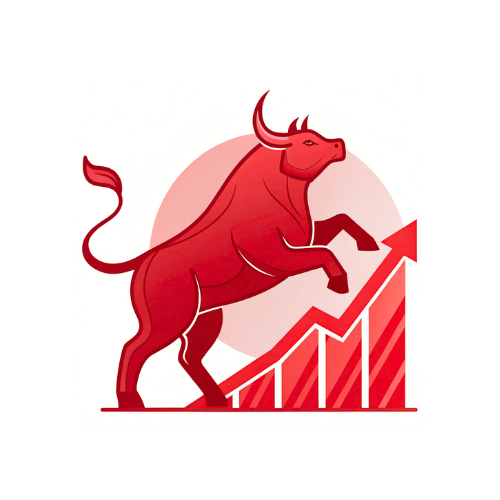
Bear Markets
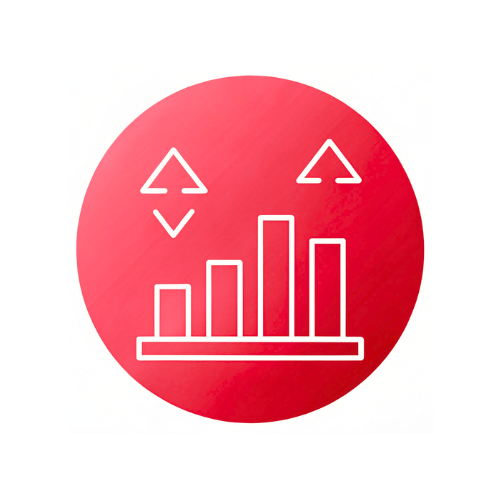
on Bullsouq
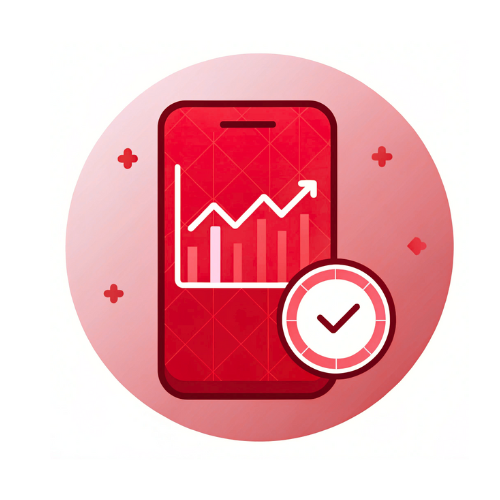
Trading Support
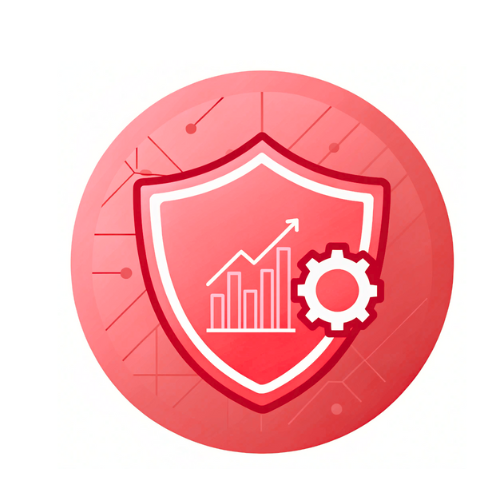
Tools
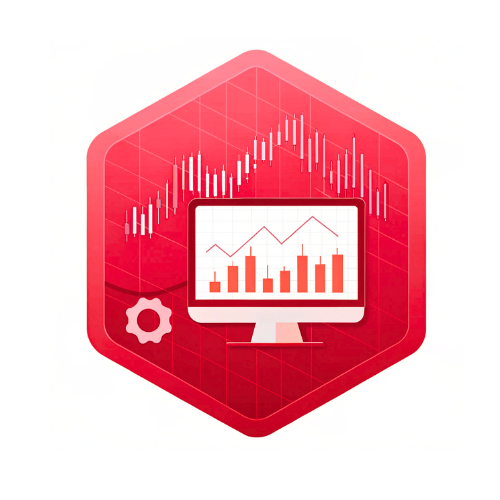
Platforms
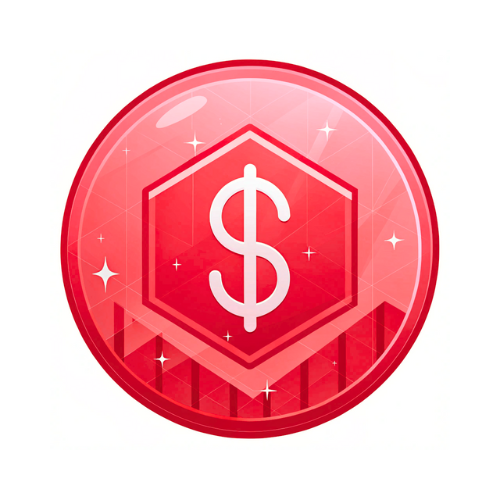
Pricing
How Does Commodity Trading Work with Bullsouq?
1️⃣ Open a Live Account – Sign up with Bullsouq and create your trading account.
2️⃣ Deposit Funds – Add funds to your account to start trading.
3️⃣ Analyze the Market – Study forex trends and choose the currency pair you want to trade.
4️⃣ Place Your Trade – Open a position and monitor market movements.
5️⃣ Close the Trade – Exit your position when the time is right to finalize your trade.
Frequently Asked Questions (FAQs)
What are commodities in trading?
Commodities are physical assets actively traded in various commodity markets. These can be divided into two main categories: hard commodities and soft commodities.
- Hard commodities are natural resources like oil, gold, and rubber, typically obtained through mining or extraction.
- Soft commodities are agricultural goods such as coffee, wheat, cotton, and sugar, which are grown rather than mined.
In commodity trading, you’re buying or selling these raw materials, either to hedge against price fluctuations or to speculate on future price changes. Trading commodities offers traders a way to diversify their portfolios. Both hard and soft commodities can be traded via CFDs with Bullsouq.
How do I start trading commodities?
To begin, open a trading account with Bullsouq. Once your account is set up, fund it using one of our convenient deposit methods, all without deposit fees. After that, select your desired commodity product and open a position. When the time feels right, you can close the position to finalize your trade.
If you’re new to commodity trading, take advantage of our free educational resources to gain a better understanding of the products and strategies.
Are commodities better than forex?
Both currency and commodity markets offer unique advantages to traders. The commodities market allows for portfolio diversification, often featuring predictable seasonal patterns. Meanwhile, the forex market provides high liquidity since it involves the trading of currencies. Additionally, forex investments can be hedged to manage risk and protect against potential losses.
While both markets have similarities—such as speculation on short-term movements and the existence of arbitrage opportunities—they differ in regulation.
Commodity trading is highly regulated, offering stricter oversight, while forex trading tends to have looser regulations, providing greater flexibility.
The way both are traded is also different. Forex is traded over-the-counter through brokers or banks, allowing access to currencies like the Thai Baht (THB), while commodities are traded on exchanges. Commodities also have daily limits, which can halt trading if exceeded.
Both markets offer diversification and exposure to global assets, making them attractive investments. Understanding these differences helps traders and investors capitalize on each market’s opportunities.
